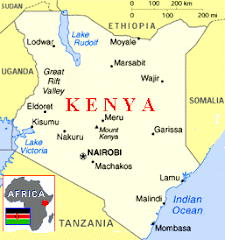A United Nations conference on "sexual and reproductive health" in the Asia-Pacific region held at the end of last month highlighted the dramatic sex-ratio imbalance in parts of the region without admitting the contribution of the UN's own population policies to the problem. Papers commissioned for the meeting by UNFPA, the Population Fund, focus on the tradition of son preference in China, India and other countries. The papers treat sex ratios badly-skewed towards males as largely gender equality and gender violence issues requiring a change of attitude to women.
A summary of a paper giving an overview of the problem does not even mention population control policies and the legalisation of abortion as causes. It blames the "opportunistic behaviour of families who want to beget more sons than are biologically determined" by using pre-natal ultrasound and amniocentesis, leading to selective abortion of girls. "In many regions, several generations will be affected by a severe marriage squeeze, regardless of what is done today," says UNFPA.
A paper on the emerging sex imbalance in Vietnam, however, acknowledges government policy on family limitation as a factor in a national ratio which now stands at 110 male births for every 100 female -- about where China was ten years ago. Vietnam has had a population control policy since the 1960s and this was intensified during the 1980s and 1990s. The policy is still "strictly controlled by the government", according to interviews conducted by the researcher. "People try to negotiate the two-child family norm by covertly using scientific methods to select the foetus's sex. Ultrasound is perceived as a good choice not only by the farmers, but also by the state's cadres."
Reference: Sex Ratio Imbalance...





No comments:
Post a Comment